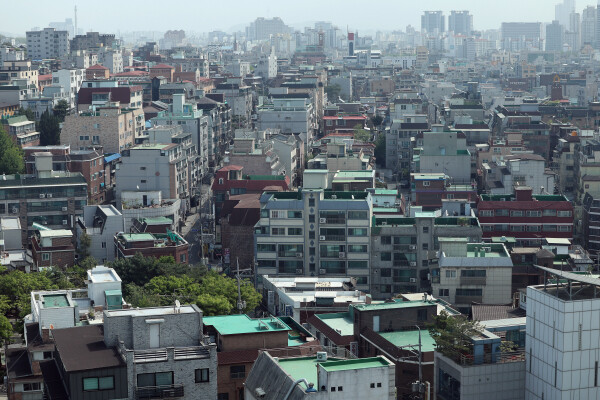
Seoul, South Korea – The Housing & Urban Guarantee Corporation (HUG) is facing a mounting financial crisis as the number of tenants unable to recover their security deposits from landlords continues to soar. According to data released by HUG on November 17th, the total amount of claims for unpaid security deposits has surpassed 4 trillion won in the first ten months of this year.
HUG, a government-backed corporation, provides guarantees to tenants against the risk of landlords defaulting on their obligation to return security deposits. When a landlord fails to pay, HUG steps in to reimburse the tenant and then seeks to recover the funds from the landlord.
Surge in Claims and Losses
The number of claims has been steadily rising, with the total amount paid out in reimbursements reaching 3.3271 trillion won in the first ten months of 2024. This is a significant increase from 541 billion won in 2021 and 924.1 billion won in 2022.
However, HUG has been struggling to recover the funds from defaulting landlords. As of August, the recovery rate was a mere 8%. As a result, HUG is projecting a net loss of approximately 3.9911 trillion won for this year, slightly lower than the 3.9962 trillion won loss incurred in 2023.
Capital Erosion and Potential Impact on Operations
The mounting losses have eroded HUG's capital. The corporation's equity is expected to decline from 6.8 trillion won in the first quarter to 2.68 trillion won by the end of the year. This significant drop in capital could jeopardize HUG's ability to continue providing guarantees, as its guarantee limit is tied to its capital base.
To address the capital shortfall, HUG is planning to issue up to 700 billion won worth of perpetual bonds. These bonds, which have a maturity of 30 years or more, are classified as equity on the balance sheet, thus helping to bolster the corporation's capital.
Impact on Housing Market and Economy
The rising number of security deposit defaults and the financial difficulties faced by HUG have significant implications for South Korea's housing market and economy. A decline in HUG's ability to provide guarantees could make it more difficult for tenants to secure rental properties, potentially leading to a decrease in housing demand. Additionally, the increased financial burden on HUG could have broader implications for the financial system.
[Copyright (c) Global Economic Times. All Rights Reserved.]






























